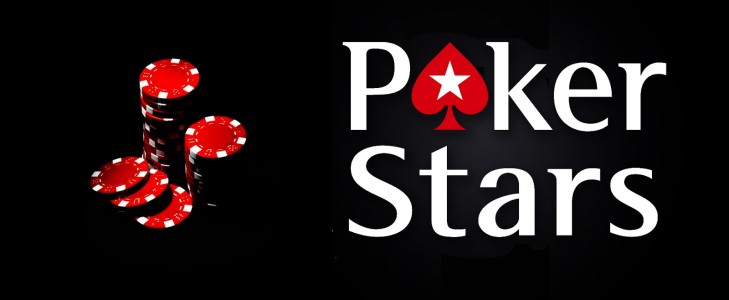Even as we enter the spring of 2015, it appears that certain tribes’ views of PokerStars participating in the California online poker market haven’t changed. This much was confirmed by a tribal coalition’s letter sent to Assemblyman Reggie Jones-Sawyer, author of online poker bill AB 167, which claims that his legislation is “fatally flawed.” That said, let’s discuss the tribes behind this letter, where PokerStars comes into the equation and more on what the letter states.
Who wrote the letter and why do they hate PokerStars?
Below you can see the California tribes that signed the piece sent to Jones-Sawyer:
– Agua Caliente Band of Cahuilla Indians (Palm Springs)
– Barona Band of Mission Indians (Lakeside)
– Lytton Band of Pomo Indians (San Francisco)
– Pechanga Band of Luiseño Indians (Riverside County)
– Viejas Band of Kumeyaay Indians (Alpine)
– Yocha Dehe Wintun Nation (Sacramento)
In addition to these tribes, the Sycuan Band of the Kumeyaay Nation (San Diego) also sent a separate letter to Jones-Sawyer expressing their dislike for the bill. And the key point of all tribes involved is that they want bad-actor language included in any California online poker bill. A bad-actor clause would keep Stars out and reduce the competition level in the early going.
Pechanga Chairman Mark Macarro and Agua Caliente Chairman Jeff Grubbe quickly established themselves as opponents of AB 167 when they found out that clear bad-actor language was missing. They also don’t appreciate that the legislation gives racetracks a chance to participate in California’s iPoker market.
What are the key points of the letter?
While the tribal coalition’s piece to Jones-Sawyer spends a little time addressing racetracks being involved, the main point is their displeasure with PokerStars being included in AB 167. Here’s a quick look at one of the most-telling excerpts of the letter:
“Just a few years ago, three major online poker operators – Absolute Poker, Full Tilt Poker, and PokerStars – had their websites seized and shut down by the FBI on allegations that, from at least November 2006 through March 2011, those operators violated the Unlawful Internet Gambling Enforcement Act (UIGEA) and the Illegal Gambling Business Act. Each of those firms continued to grow their companies and their brands by unlawfully accepting bets from U.S. players after December 31, 2006, the effective date of the UIGEA. Criminal indictments were handed down against certain owners and senior officers. In the end, these presumed violators negotiated a settlement with the U.S. Government for $731 million, rather than risk the looming possibility of criminal convictions – which certainly would have prevented those firms from obtaining gaming licenses in U.S. jurisdictions.”
This piece goes on to reference Nevada’s decision to suspend PokerStars’ iGaming application based on their violation of the UIGEA. Another point that’s made is how California residents “deserve protection from bad actors.”
One more key element is the notion that tribes have invested hundreds of millions of dollars into land-based casinos, thus creating tens of thousands of jobs. This point preys on the idea that tribes should get their way in the bad-actor matter because of their past contributions to California gaming.
Obviously there are a significant number of tribes that are still against PokerStars being a part of California online poker. So the overall takeaway here is that the prospects of legislation passing in 2015 appear to be really grim.
